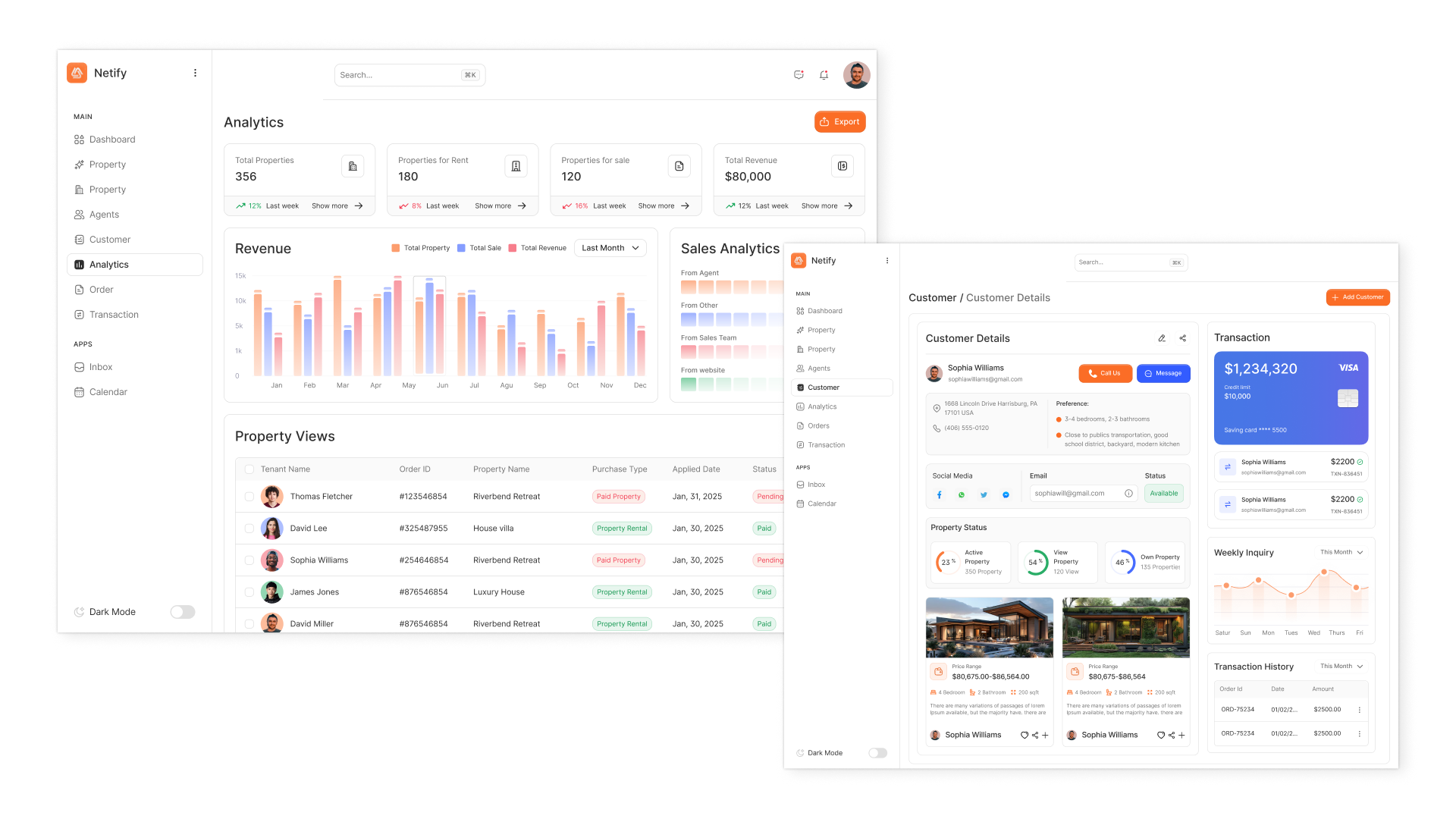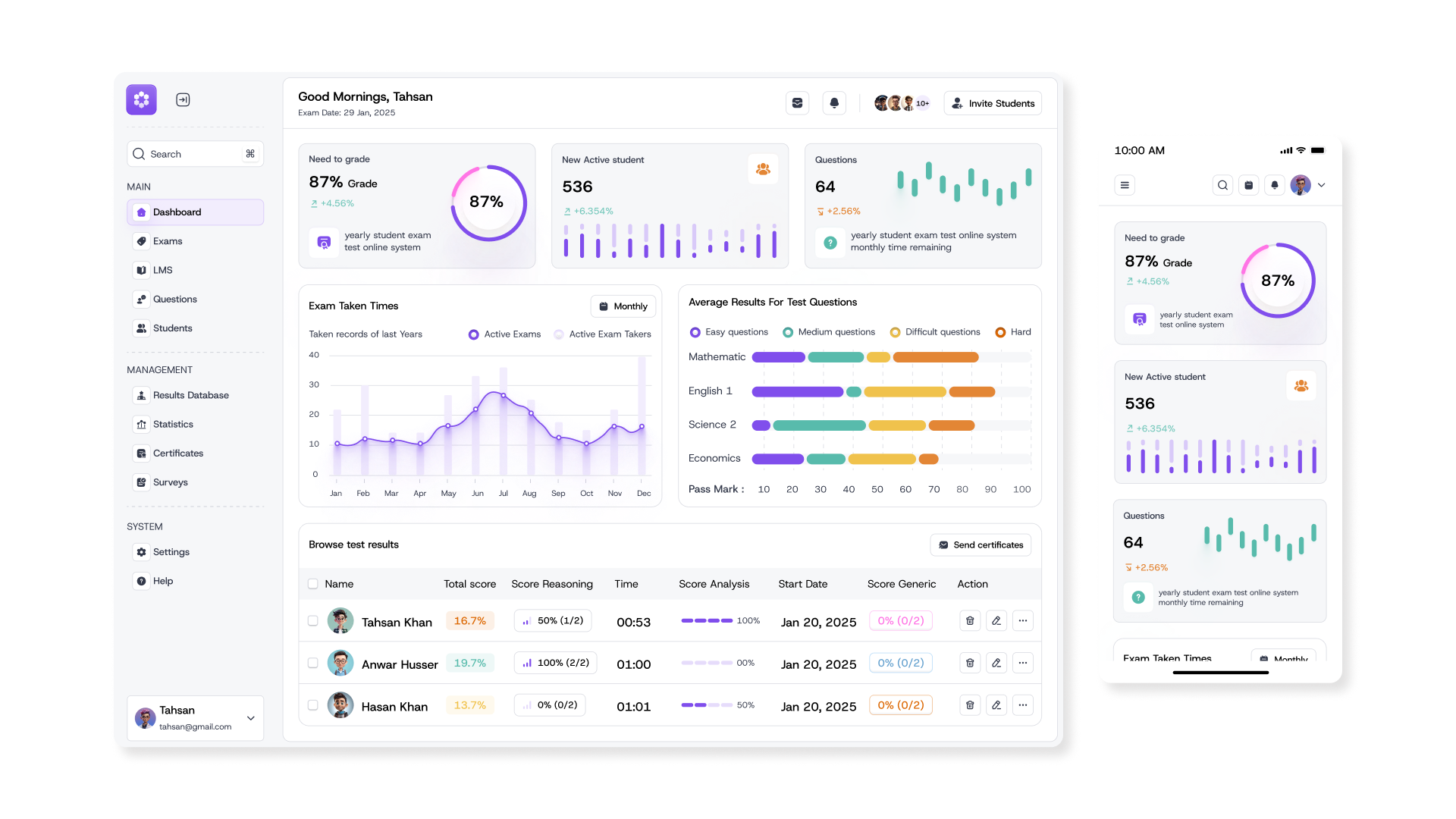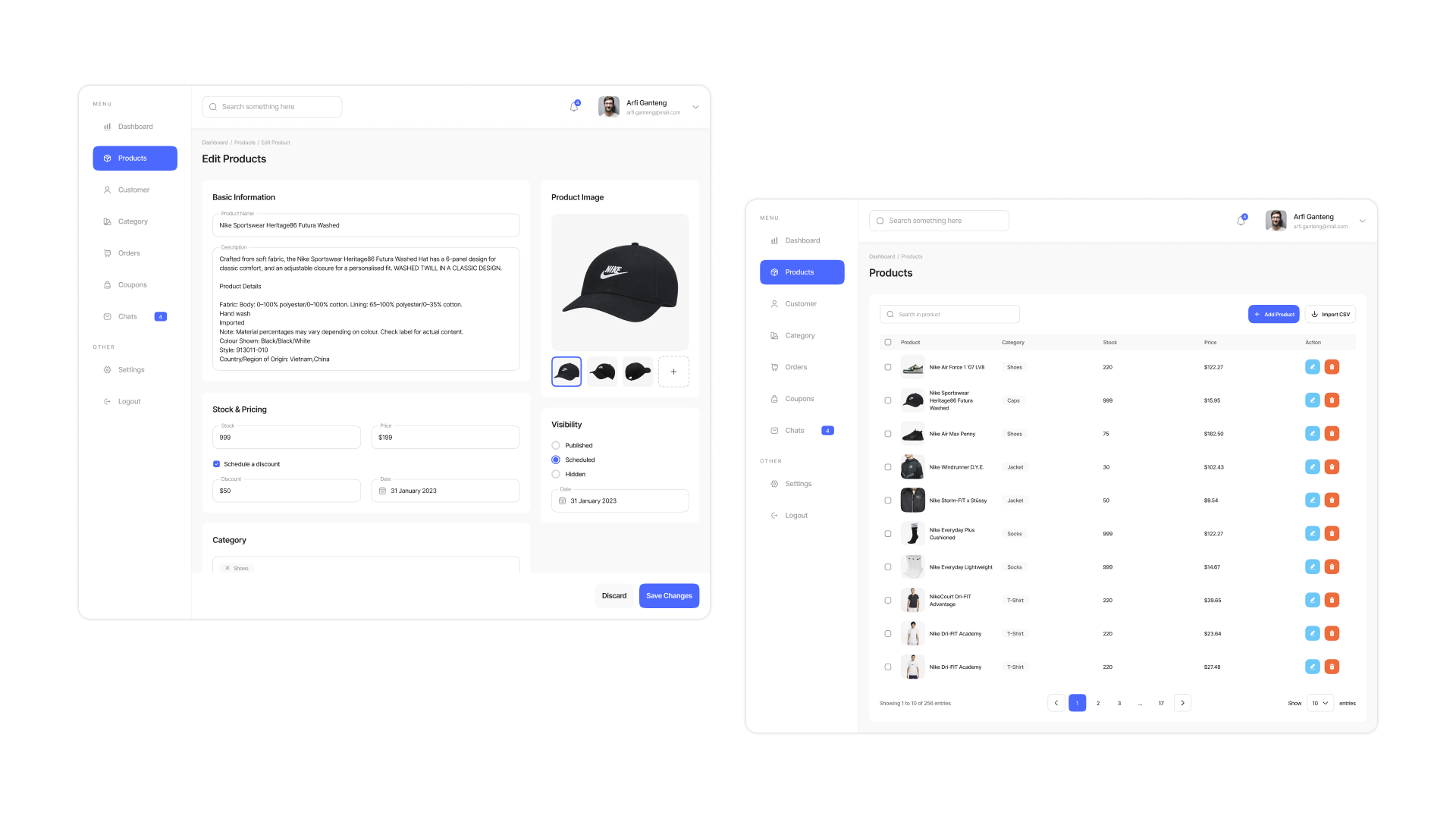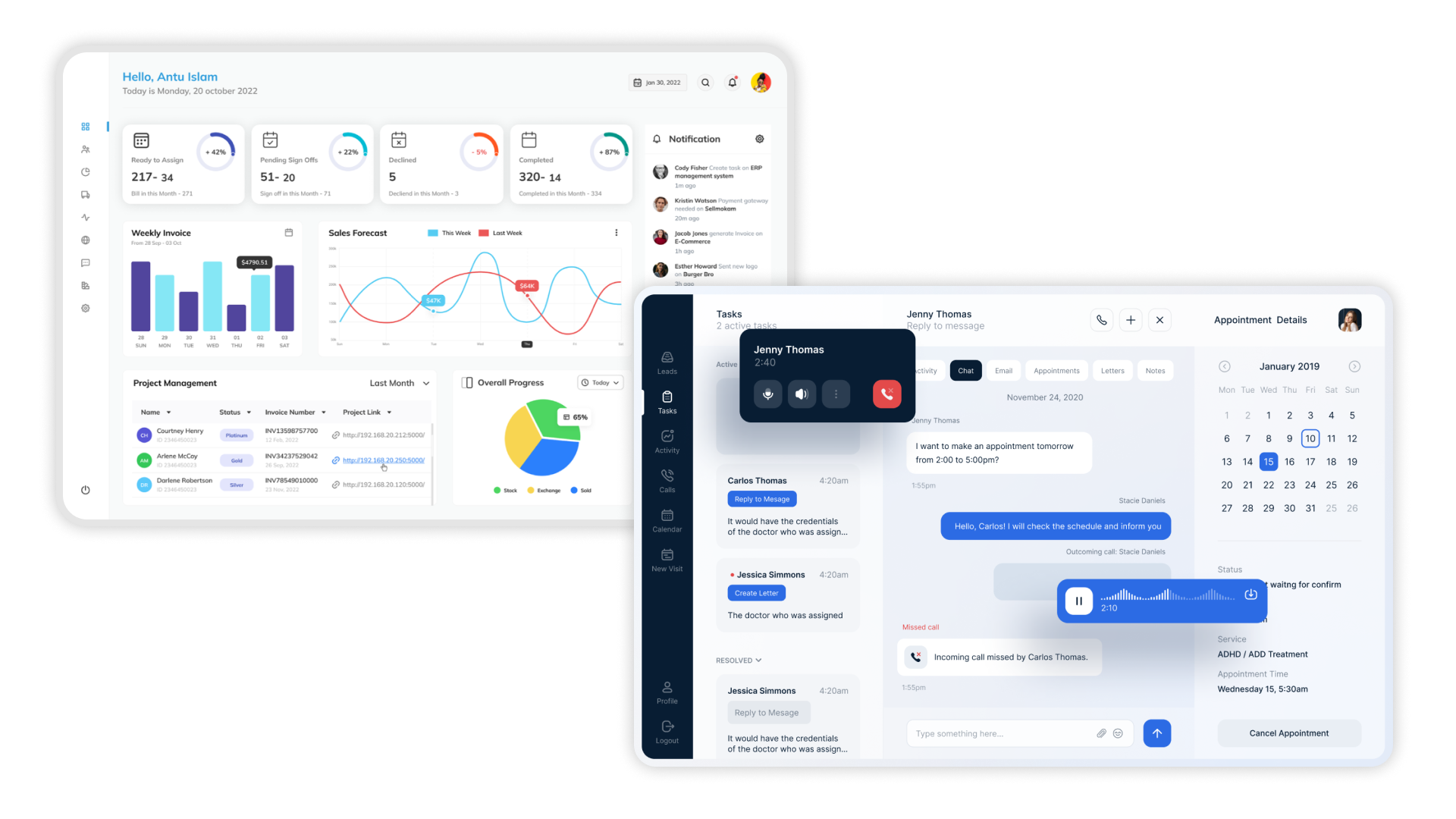Managers and even the leaders of many commercial companies often use the term ERP as a continuation and almost a synonym for the term CRM. They even consider ERP systems for enterprise resource planning (from the point English Enterprise Resource Planning System) as a form of CRM systems for sales automation. In fact, the introduction of ERP-systems changes not only the principles of working with clients but the whole philosophy of doing business and the principles of company management. Implementation of an ERP system is not just a step in development, it is a digital leap in business transformation.
It is wrongful to draw parallels between ERP-systems, programs for accounting automation, or CRM-solutions. As the introduction of an ERP-system involves the automation and synchronization of absolutely all business processes and resources of the company, rather than focusing on a specific field of activity, such as accounting or sales .
A full-fledged ERP system should include a CRM solution, an accounting module, and other information systems that provide personnel, warehouse and financial accounting.
This includes control of production processes, optimization of work with suppliers, and a systematic approach to logistics, and much more. ERP-system provides management of absolutely all assets and resources, regardless of their value and location.
This allows you to use ERP-systems to automate the work of both commercial companies focused on the sale of goods and the provision of services, as well as large organizations and corporations in the field of production, banking, government, education, medicine, insurance, energy or finance. The implementation of ERP systems is especially effective when there are different legal entities and taxation schemes, separate bank accounts and national representations, areas of activity, and management principles in one company or holding.
Implementation of the ERP-system allows you to synchronize accounting in terms of using different currencies, languages, and national standards. At the same time, the differentiation of access rights to a server or cloud ERP system through a web interface or a mobile application allows increasing the efficiency and qualification of all personnel, and not just top management and business owners.

In a simplified form, an ERP system can be described as a software package that includes 3 key components.
Thus, the implementation of an ERP system makes it possible to monitor all business processes of an enterprise in real time. The functionality of the program is determined by the number and name of the modules used. In addition, the modular principle allows you to implement individual functions of an ERP system in stages and even combine and integrate software components of different developers in one system. To do this, apply solutions that provide interaction with the system through different data transmission channels – low-level solutions for database synchronization, web protocols, interaction through instant messengers, telephony, secure financial transactions, etc.

Functional modules of an ERP system can be internal or external and include both tools for controlling resources (warehouse, finance, personnel), and solutions for customers (personal accounts on the company’s website, e-commerce solutions, etc.). Ideally, access to the system is obtained by everyone who formally interacts with the company both as a staff and as a counterparty or client.
Traditionally, 3 groups of functional modules providing financial, personnel, and operational accounting are distinguished as part of ERP systems.
As a result, the implementation of an ERP system implies the integration of several software components that can exist separately. These are CRM systems (Customer Relationship Management) for managing customer relationships, and PPM systems (Project portfolio management) for managing a portfolio of projects, and PLM systems (Product Lifecycle Management) for monitoring the product life cycle, and MES systems (Manufacturing Execution System) production management, and SCM-systems (Supply Chain Management) supply management and much, much more.

The major benefit from ERP system implementation for business is maximisation of company management effectivness. Data on all resources and interactions will allow:
Moreover, as already mentioned, this applies not only to top management. For example, a sales employee who has gained access to an ERP system will also be able to see, the entire history of a customer relationship and know the goods left in the stock.
As a result, he will be able to independently make decisions in the field of management and, for example, refuse to sell without a 100% prepayment of a valuable product to a client with a bad credit history. But without problems, he will write similar documents for payment to a reliable and trusted client, the status of which will be indicated in a personal card in the ERP system.
Thus, it becomes clear that the full implementation of the ERP-system is impossible without deep and proper training for all its users.

The implementation of an ERP system implies the creation of a software solution, the development cycle of which meets the general principles of software development. The process can be divided into the following stages:
Avada Media already has experience implementing business automation systems for customers from various industries. For example, our development – a system for developers “NOVOSTROY” adjust part of the functionality of the ERP-system to the needs of a commercial company in the field of construction and sale of real estate.
This solution allows you to automatically synchronize data on real estate, clients, realtors, and all the necessary documents for sale.
Data on the status change of the selected object is transmitted without delay to any client or manager and can be displayed on the web and on mobile devices.
Avada Media also completed similar projects for customers in the field of tourism, restaurant business, taxi services, utilities, etc. More details on projects can be found in the corresponding section. The term of the ERP-system implementation depends on the solution’s scale of functionality and is at least 3-6 months.
Our works
Contact the experts Have a question?
Developed by AVADA-MEDIA™
The user, filling out an application on the website https://avada-media.ua/ (hereinafter referred to as the Site), agrees to the terms of this Consent for the processing of personal data (hereinafter referred to as the Consent) in accordance with the Law of Ukraine “On the collection of personal data”. Acceptance of the offer of the Consent is the sending of an application from the Site or an order from the Operator by telephone of the Site.
The user gives his consent to the processing of his personal data with the following conditions:
1. This Consent is given to the processing of personal data both without and using automation tools.
2. Consent applies to the following information: name, phone, email.
3. Consent to the processing of personal data is given in order to provide the User with an answer to the application, further conclude and fulfill obligations under the contracts, provide customer support, inform about services that, in the opinion of the Operator, may be of interest to the User, conduct surveys and market research.
4. The User grants the Operator the right to carry out the following actions (operations) with personal data: collection, recording, systematization, accumulation, storage, clarification (updating, changing), use, depersonalization, blocking, deletion and destruction, transfer to third parties, with the consent of the subject of personal data and compliance with measures to protect personal data from unauthorized access.
5. Personal data is processed by the Operator until all necessary procedures are completed. Also, processing can be stopped at the request of the User by e-mail: info@avada-media.com.ua
6. The User confirms that by giving Consent, he acts freely, by his will and in his interest.
7. This Consent is valid indefinitely until the termination of the processing of personal data for the reasons specified in clause 5 of this document.
Send CV
Contact us in any convenient way for you:
+ 38 (097) 036 29 32